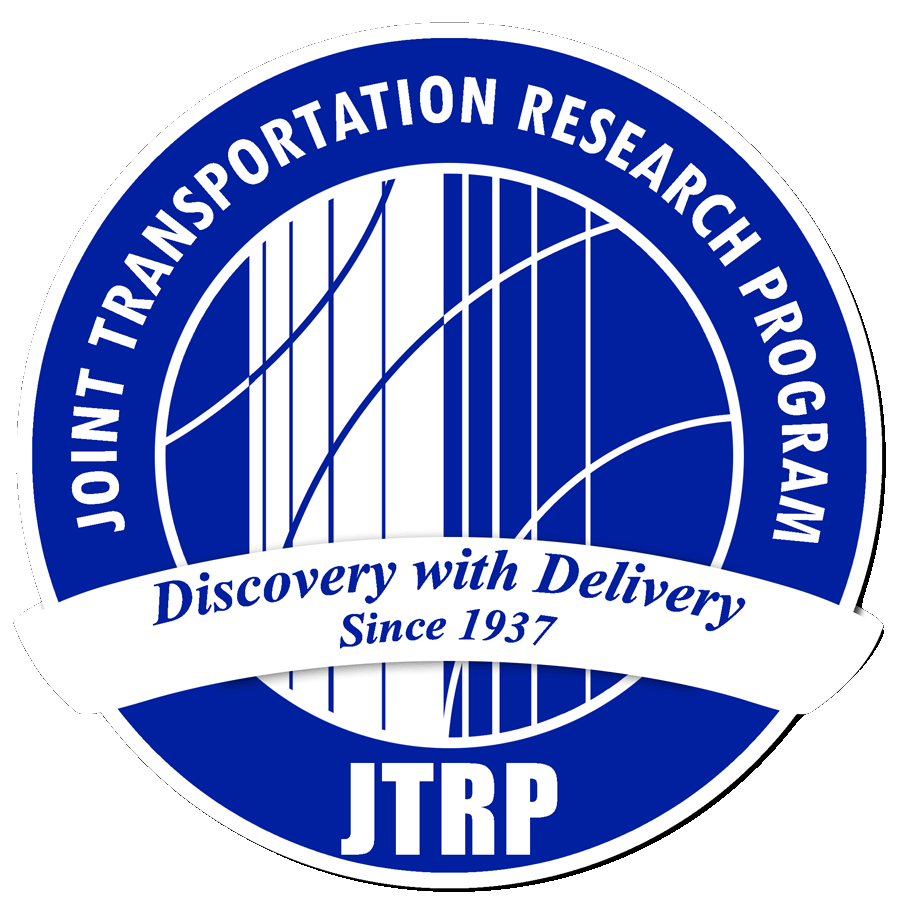Recommended Citation
Konstantinou, T., Chen, D., Flaris, K., Kang, K., Koo, D. D., Sinton, J., Gkritza, K., & Labi, S. (2022). A strategic assessment of needs and opportunities for the wider adoption of electric vehicles in Indiana (Joint Transportation Research Program Publication No. FHWA/IN/JTRP-2022/12). West Lafayette, IN: Purdue University. https://doi.org/10.5703/1288284317376
DOI
10.5703/1288284317376
Abstract
The primary objective of this study was to assess the challenges and opportunities associated with the provision of appropriate infrastructure to support electric vehicle (EV) operations and electrification across Indiana. A secondary objective of this study was to develop a strategic plan for INDOT that outlines new business opportunities for developing EV charging stations. To achieve these objectives, the project team assessed current and emerging trends in EV operations, particularly EV charging infrastructure and EV demand forecasting. They also examined opportunities for the strategic deployment of EV charging stations by identifying EV infrastructure deficit areas; investigated the impact of EV adoption on highway revenue and the feasibility of new revenue structures; and evaluated strategic partnerships and business models. The agent-based simulation model developed for future long distance EV trip scenarios enables INDOT to identify EV energy deficient areas for current and future energy charging demand scenarios, and it can support Indiana’s strategic plans for EV charging infrastructure development. The results of the revenue impact analysis can inform INDOT’s revenue model. The estimations of the recovery EV fee, the VMT fee, and pay-as-you-charge fee that break-even the fuel tax revenue loss can be used by INDOT in pilot programs to capture users’ perspectives and estimate appropriate fee rates and structures. The insights obtained from the stakeholder interviews can be used to enhance preparedness for increasing EV adoption rates across vehicle classes and to strengthen the engagement of different entities in the provision of charging infrastructure.
Report Number
FHWA/IN/JTRP-2022/12
Keywords
electrification, charging infrastructure, highway revenue, taxes and fees, business models
SPR Number
4509 Phase 1
Performing Organization
Joint Transportation Research Program
Sponsoring Organization
Indiana Department of Transportation
Publisher Place
West Lafayette, IN
Date of this Version
2022



